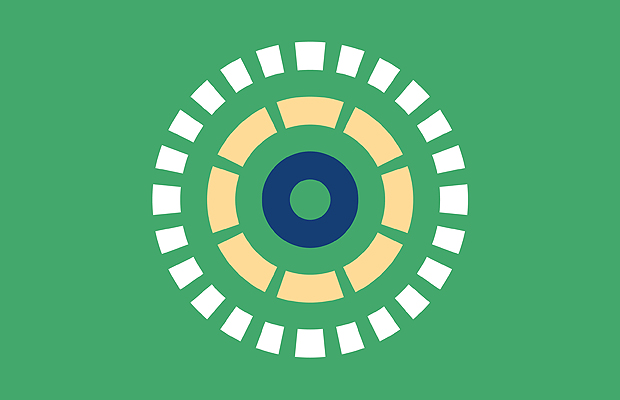Dapagliflozin is in clinical development for the treatment of chronic kidney disease (CKD). CKD is a long-term condition where the kidneys do not work as well as they should. CKD is often caused by other conditions that put a strain on the kidneys, the most common being high blood pressure and diabetes. Most people with CKD have no symptoms because the body can tolerate even a large reduction in kidney function. However, if kidney function continues to deteriorate, kidney failure may occur. Symptoms can include weight loss, insomnia and shortness of breath. There are currently no treatments available to specifically treat CKD. Current strategies involve treatment of contributing conditions and complications that arise from CKD.
Dapagliflozin blocks the action of a protein in the kidneys called sodium-glucose cotransporter 2 (SGLT2). As blood is filtered by the kidneys, SGLT2 stops glucose in the bloodstream from being passed out into the urine. By blocking the action of SGLT2, dapagliflozin causes the kidney to pass out more glucose in the urine, thereby reducing the levels of glucose in the blood. SGLT2 inhibitors have exhibited beneficial effects on kidney function in those with diabetes and more recently has shown improvements in kidney function and all-cause mortality in those with CKD without a diabetes. If licensed, dapagliflozin may provide a treatment option specifically for people with CKD.
Dapagliflozin for chronic kidney disease

Indications:
Chronic kidney disease (CKD)
Year:
2020